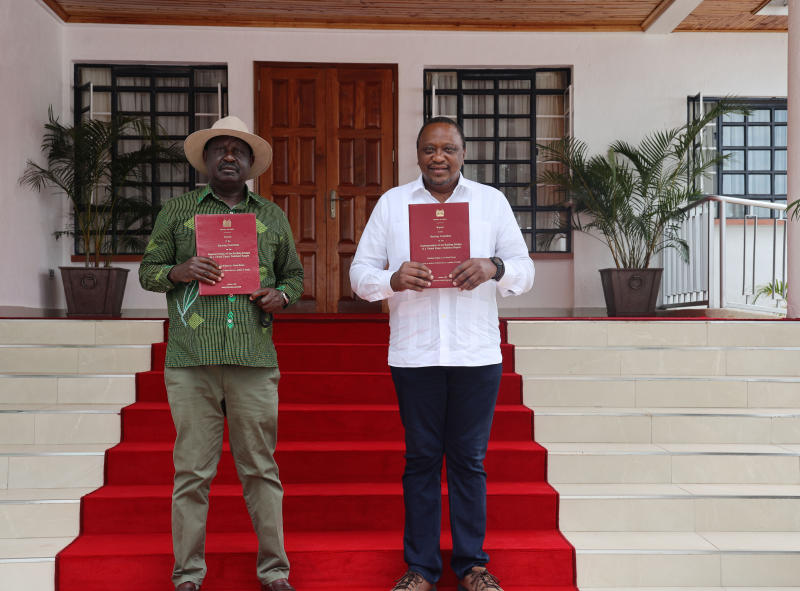×
The Standard e-Paper
Fearless, Trusted News

The Court of Appeal is today expected to give a verdict on the nullification of the Constitutional Amendment Bill, 2020 dubbed the Building Bridges Initiative (BBI).
A Seven-judge bench consisting of Court of Appeal President Daniel Musinga, Justices Roselyn Nambuye, Hannah Okwengu, Patrick Kiage, Gatembu Kairu, Fatuma Sichale and Francis Tuiyott will make the landmark ruling, that will shape the political landscape in Kenya.